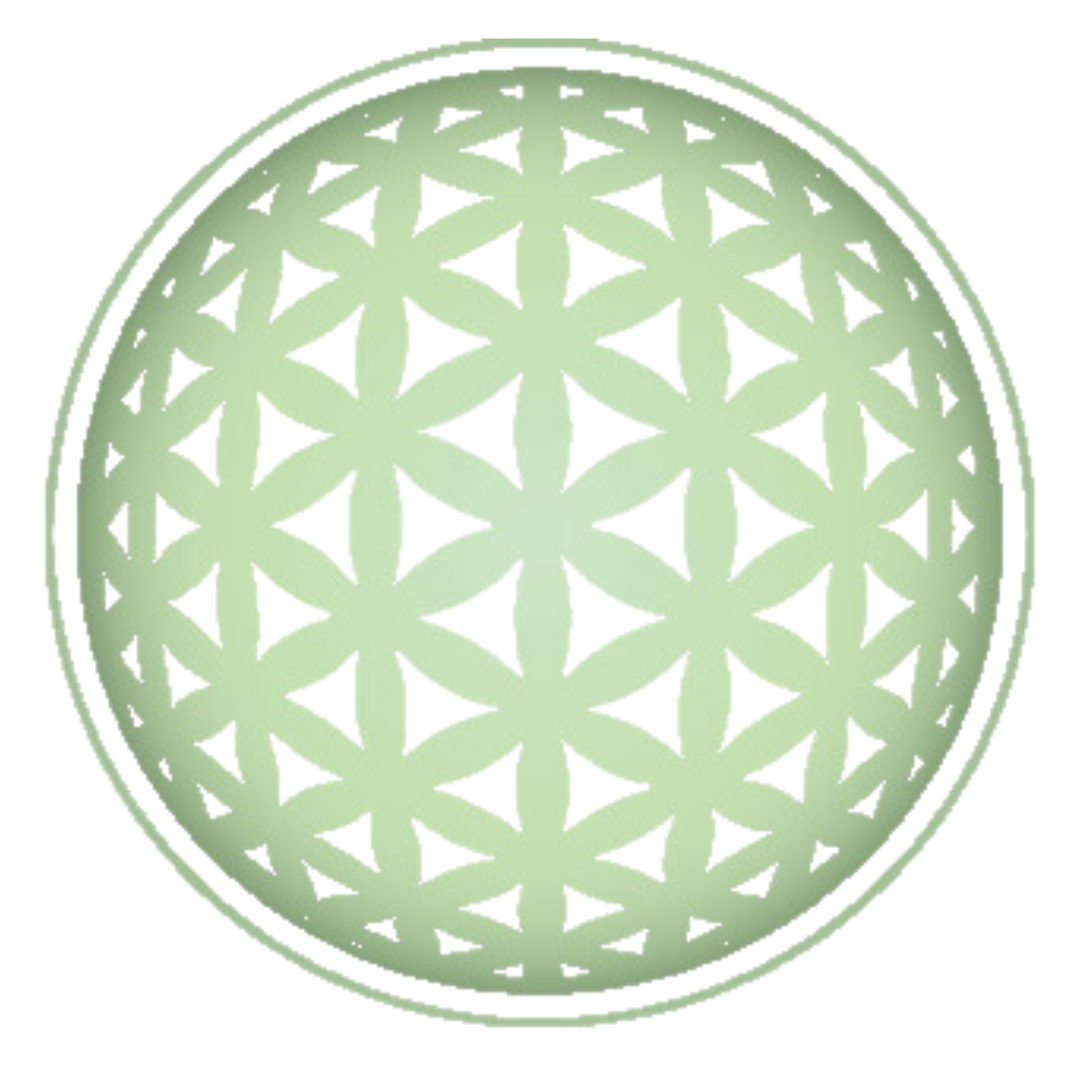Fascia - Your Inner Web
Fascia is a complex network of connective tissue that runs throughout the body, surrounding muscles, organs, and nerves. It's made up of collagen and elastin fibers, providing support and structure to the body while allowing for movement and flexibility. Think of fascia as a web that holds everything together, from the largest muscle groups down to the tiniest cells. Its health and flexibility are crucial for overall well-being and physical function.
Maintaining healthy fascia involves a combination of hydration, movement, and proper nutrition. Hydration helps keep fascial tissue supple and lubricated, reducing the risk of stiffness and adhesions. Regular movement, especially exercises that involve stretching and dynamic range of motion, helps to prevent fascial restrictions and maintain elasticity. Additionally, consuming nutrients like vitamin C, which supports collagen production, can contribute to fascial health.
Interestingly, fascia is not just a physical component of the body; it also plays a role in our emotional and psychological experiences. Research suggests that fascia may be interconnected with the body's nervous system, potentially influencing how we perceive and store memories and emotions. Trauma or stress can cause tension and restrictions within the fascial network, leading to physical discomfort and potentially affecting emotional well-being.
Yoga is an excellent practice for maintaining healthy fascia because it combines movement, stretching, and mindfulness. The gentle, deliberate movements of yoga postures help to release tension held in the fascial network, promoting flexibility and mobility. Additionally, the focus on breath awareness and mindfulness in yoga can help reduce stress and tension, further supporting fascial health and overall well-being. By incorporating yoga into a regular wellness routine, individuals can nurture both their physical and emotional selves, cultivating resilience and balance within the body and mind.

